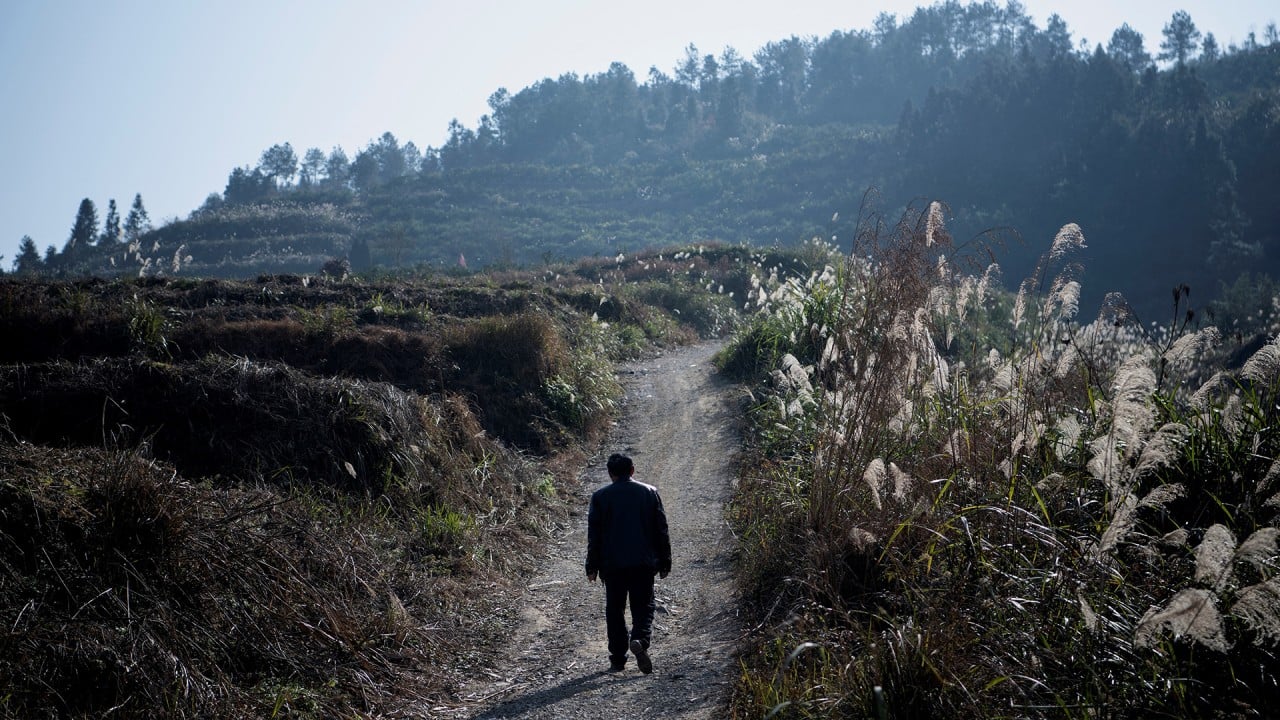
China’s rural-revitalisation plan calls on banks to support infrastructure projects, but avoid hidden-debt trap
- Message by State Council comes on the heels of Beijing’s vow to ‘front load’ infrastructure construction to shore up economic growth this year
- Financial institutions also warned not to add to the hidden debt of local governments through off-balance-sheet borrowing, which poses great risk to world’s second-largest economy
China is giving new impetus to its trillion-dollar campaign to revitalise the nation’s vast countryside, by calling on banks to lend more money for rural infrastructure projects in the coming years, as the nation tries to leverage such investments to help curb an economic slowdown.
Such infrastructure projects provide the “foundation for rural revitalisation”, Liang Zhonghua, chief macro analyst at Haitong Securities, wrote in a note on Thursday.
“The efforts on rural infrastructure are likely to be stronger,” Liang said.
Xi unveiled the strategy in 2017 to help the nation’s rural economy become richer, more environmentally friendly and more self-reliant. Two years later, China’s Ministry of Agriculture and Rural Affairs estimated that achieving those goals would require at least 7 trillion yuan (US$1.1 trillion) worth of investment.
Wen Tiejun, a renowned expert on rural development in China, likened the similar massive infrastructure projects of China and the United States to when they utilised comparable stimulus packages to offset the impact of the 2008-09 financial crisis.
In a speech on December 31, he also said China’s rural investment initiatives were likely to foster economic growth for the entire nation, both in 2022 and also over the long term.
To help them carry out the rural-revitalisation strategy, financial institutions are being advised to set up their own internal agencies. Private investors will also be encouraged to inject more funds into the agricultural and rural sectors.
Meanwhile, the plan also addresses China’s grain security, by calling for the protection of arable farmland and stressing the need to promote more advanced farming operations.
On Sunday, Chinese Premier Li Keqiang called for additional support to be given to agricultural production, and he said that the price of agricultural supplies must remain stable. Additional precautions must also be made to prevent plant diseases and to guard against extreme weather, he said.


